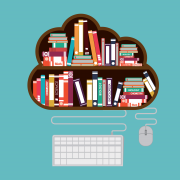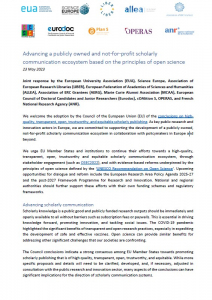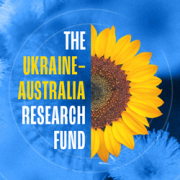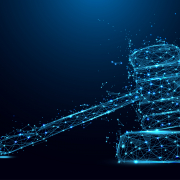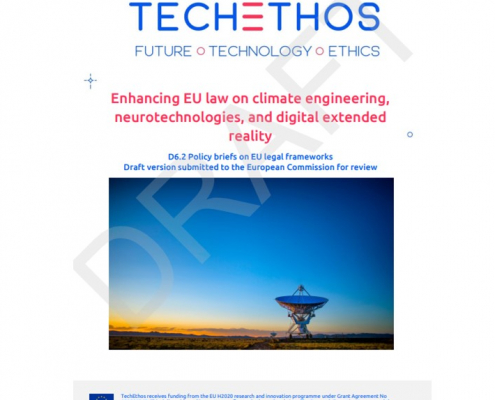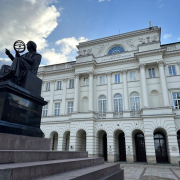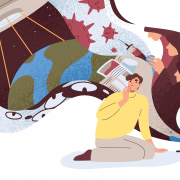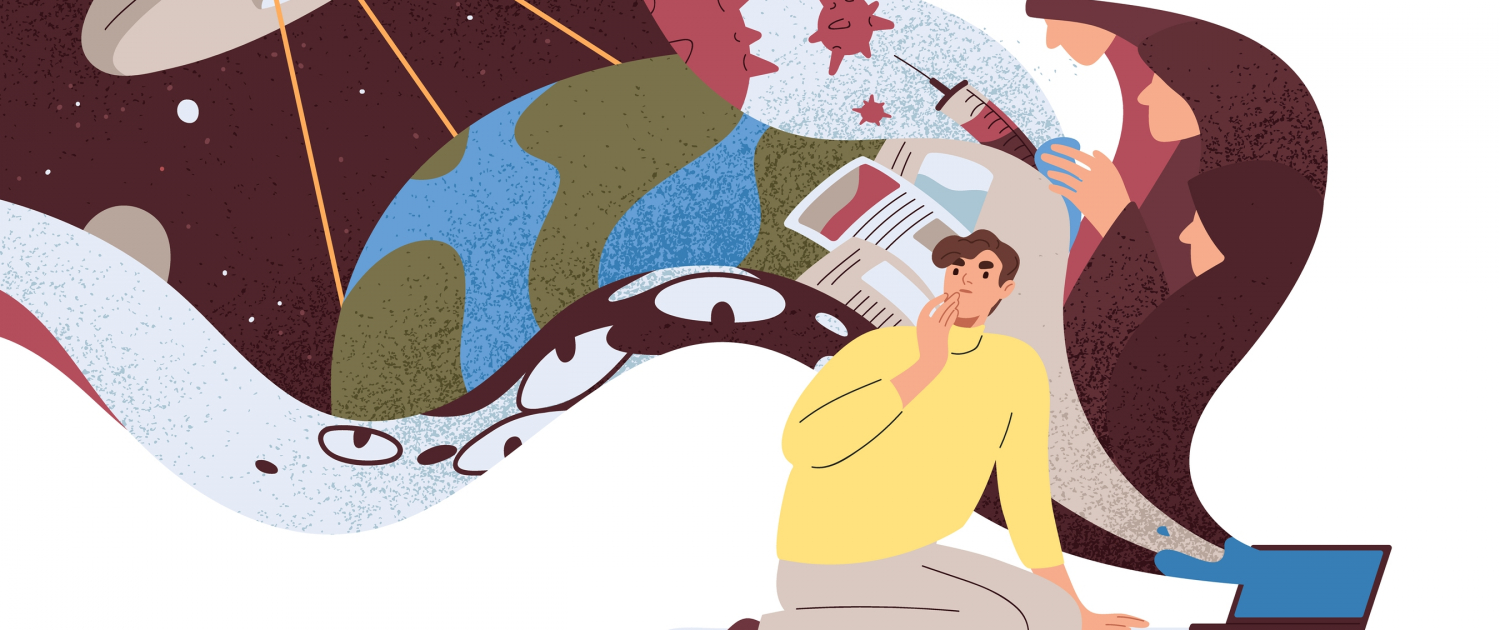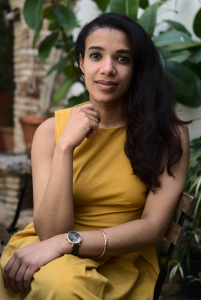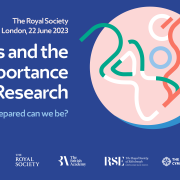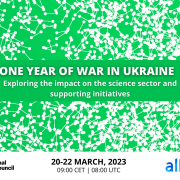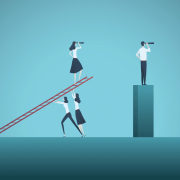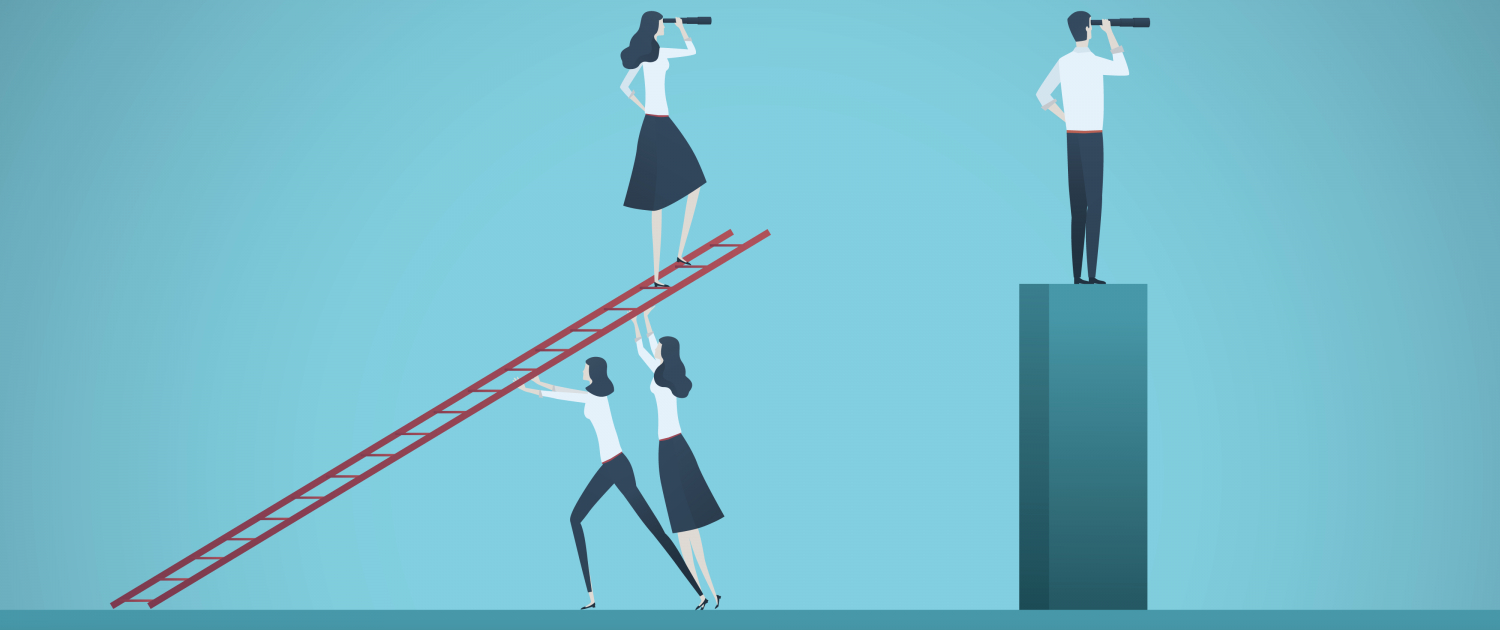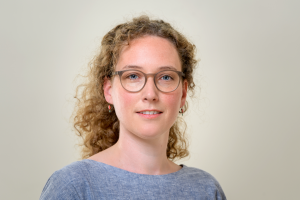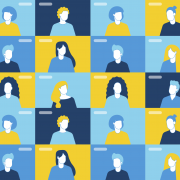Call for Contributions: Open Consultation on Innovative Outputs in the Humanities
Working with digital outputs in the humanities? Consider contributing to the ALLEA Working Group E-Humanities draft recommendations by 26 July 2023.
The ALLEA Working Group E-Humanities has launched an open consultation concerning draft recommendations on recognising digital scholarly outputs in the humanities. The goal is to gather broad feedback from active humanities researchers and institutions in order to tailor the recommendations to the community’s needs.
A link to the draft recommendations and instructions for contributing is available here: https://bit.ly/ALLEAehumanities
 Open Consultation
Open Consultation
The consultation is open to all researchers and practitioners working in disciplines within the humanities, policymakers, and representatives of all public and private organisations active in the field. We are particularly keen to hear from humanities researchers in ALLEA member academies. The consultation is open until 26 July 2023.
Practicalities
1. Suggest changes or leave comments in the document.
2. Types of feedback
- clarification – let us know whether any parts of the text are unclear and need clarification or elaboration.
- omissions – highlight issues we might have overlooked.
- further reading – suggest resources worth recommending to readers.
3. Recognition. All contributors will be listed in the final report. Please ensure that your comments are properly signed with your name. If you wish to remain anonymous, use private browsing.
4. Contact. Should you have any questions, feel free to contact the WG Chair, Dr Maciej Maryl, directly (maciej.maryl@ibl.waw.pl).
Please note that the final draft will be additionally proofread for language.
On the report
This report proposes recommendations regarding recognition, evaluation, and assessment of innovative scholarly outputs in the humanities.
First, the report focuses on the cross-cutting issues pertinent to digital practices in the humanities, such as (1) linking studies with underlying data, (2) open-ended outputs, (3) collaboration and authorship, (4) training and competence building, and (5) reviewing and evaluating. Next, it discusses particular case studies of innovative outputs where these cross-cutting issues manifest themselves, i.e. (a) digital scholarly editions, (b) extended publications, (c) databases and datasets, infographics, (d) code, (e) blogs, and (f) podcasts. Finally, the conclusion provides some general remarks on recognising and evaluating digital practices in the humanities.
About the ALLEA Working Group E-Humanities
The ALLEA Working Group E-Humanities, composed of experts from across European academies, is committed to identifying and raising awareness for priorities and concerns of the humanities, paying particular attention to current and emerging developments in digital practices. Currently, the Open Science agenda figures highly in research policy and research funder requirements, and is driving changes in research practice. To address this agenda, and facilitate the adoption of Open Science across the humanities, the working group has turned its attention to supporting humanities researchers in their research data management practices.
More information on the ALLEA Working Group E-Humanities and its members can be found here: https://allea.org/e-humanities/

